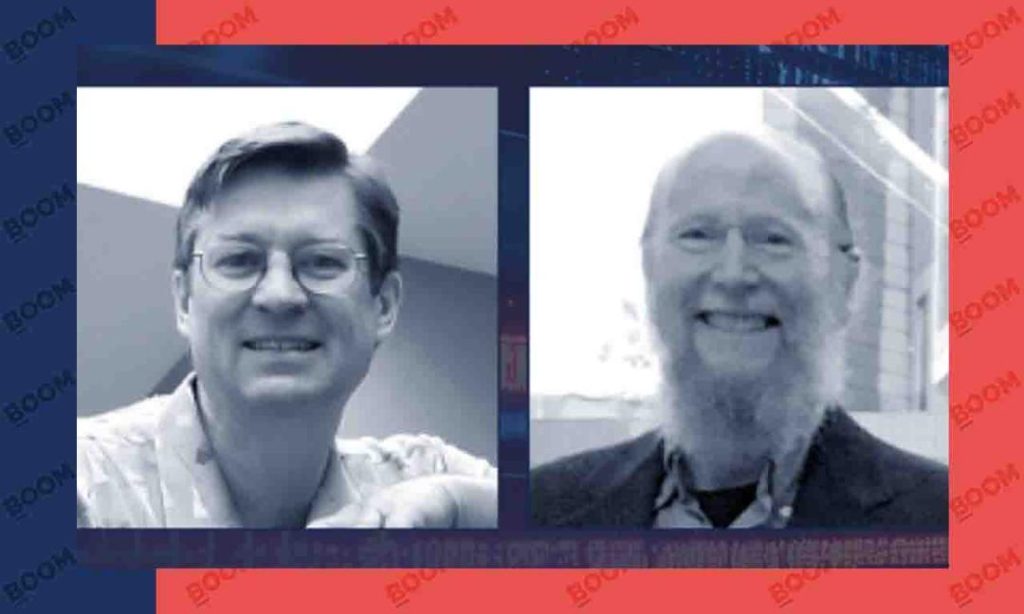
Barto & Sutton win 2024 Turing Award for AI breakthroughs
The 2024 Turing Award, often referred to as the “Nobel Prize of computing,” has been bestowed upon two pioneers in the field of artificial intelligence (AI). Andrew Barto and Richard Sutton, renowned experts in reinforcement learning, have been recognized for their groundbreaking contributions to machine learning and AI. Their work on temporal difference learning has had a profound impact on the development of modern AI, enabling machines to learn from rewards and making significant strides in areas such as robotics, games, and autonomous systems.
The Turing Award, presented annually by the Association for Computing Machinery (ACM), is the most prestigious honor in the field of computer science. It is awarded to individuals who have made “outstanding contributions of lasting impact” in the field. Barto and Sutton’s win is a testament to their dedication and innovative spirit, which has shaped the course of AI research over the past few decades.
Reinforcement learning, the area in which Barto and Sutton have made significant contributions, is a type of machine learning that involves training agents to make decisions in complex, dynamic environments. The goal is to learn a policy that maximizes a reward signal, often in the form of a score or a payoff. This approach has numerous applications in areas such as robotics, finance, and healthcare, where machines need to learn to make optimal decisions in uncertain environments.
Temporal difference learning, a key technique developed by Barto and Sutton, is a type of reinforcement learning that uses the difference between the predicted and observed rewards to update the agent’s policy. This approach has been widely adopted in AI research, as it allows agents to learn from delayed rewards and adapt to changing environments.
Barto and Sutton’s work on temporal difference learning has had a profound impact on the development of AI. Their paper, “Neural Network Architectures for Temporal Difference Learning,” published in 1991, introduced the concept of temporal difference learning and demonstrated its effectiveness in learning complex behaviors. This work laid the foundation for the development of more advanced reinforcement learning algorithms, such as Q-learning and SARSA, which are widely used today.
In addition to their work on temporal difference learning, Barto and Sutton have made significant contributions to other areas of AI research, including neural networks, decision-making under uncertainty, and multi-agent systems. Their research has been published in numerous top-tier conferences and journals, including the Journal of Machine Learning Research, the Neural Computation and Neural Systems journal, and the International Joint Conference on Artificial Intelligence.
The impact of Barto and Sutton’s work extends beyond the AI research community. Their contributions have enabled the development of autonomous systems, such as self-driving cars and drones, which have the potential to revolutionize industries such as transportation and logistics. Their work has also paved the way for advances in areas such as healthcare, finance, and education, where AI can be used to improve decision-making and automate tasks.
Barto and Sutton’s win is a testament to the importance of basic research in AI. Their work on temporal difference learning may have seemed abstract and theoretical at the time, but it has had a profound impact on the development of AI. This highlights the importance of funding basic research in AI and supporting the work of pioneers like Barto and Sutton.
In conclusion, Andrew Barto and Richard Sutton’s win of the 2024 Turing Award is a well-deserved recognition of their groundbreaking contributions to AI research. Their work on temporal difference learning has had a profound impact on the development of modern AI, enabling machines to learn from rewards and making significant strides in areas such as robotics, games, and autonomous systems. As AI continues to evolve and shape our world, the contributions of pioneers like Barto and Sutton will be remembered as a foundation upon which the field was built.
Source:






